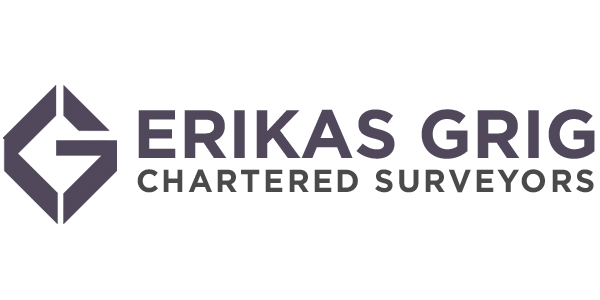Capital Gains Tax Valuation
Capital Gains Tax Valuations By Expert Chartered Surveyors Firm
Capital Gains Tax is a payment charged by HMRC on any profit you make the you sell a property asset. If your property transaction is subject to Capital Gains Tax you will likely need a valuation from a chartered surveyor to assess the value of the property at the required date. Erikas Grig Chartered Surveyors can assist you with providing an accurate and professional property valuation regulated by RICS and widely recognised and accepted by HMRC.
“Through years of unparalleled experience, we excel in Capital Gains Tax valuations, adeptly handling HMRC disputes and District Valuer reviews. Our expertise spans valuing diverse assets across any location, ensuring precise valuations that safeguard your financial interests and compliance”.
Our valuation reports are prepared by experienced Chartered Surveyors who are using market-leading systems and proprietary databases to undertake market valuations for capital gains tax purposes. The capital gains tax valuations often are required to be completed to the retrospective dates and our team of Registered Valuers are prepared to assess the property value to the historic date, sometimes even going decades backwards.
We have a wide reach with coverage of any geographical area within the United Kingdom. We can provide capital gains tax valuation advice on residential and commercial properties including large mixed-use portfolios situated across the United Kingdom.
When Capital Gains Tax Valuation Is Needed?
In specific scenarios, computing capital gains tax requires assessing the property sale price against the purchase price. However, when these figures are unavailable, a capital gains tax valuation becomes necessary to establish accurate market property values at relevant times. For example:
- A valuation is necessary on the day the property was gifted.
- To sell an inherited property, a valuation is necessary at the deceased’s date of passing.
- Property bought before 31st March 1982 and sold later demands a retrospective capital gains tax valuation.
- Properties sold by non-residents after April 5, 2015, may require valuations if purchased before this date.
- Properties sold under market value.

Frequently Asked Questions
Explore our comprehensive FAQ sections, crafted to provide clear and detailed answers to common inquiries we get about capital gains tax valuations.
What is the current Capital Gains Tax rate?
Capital gains tax is dependent on your financial circumstances. You pay capital gains tax based on the applicable taxable rate you fall into.
| Tax Group | Capital Gains Rate on Assets | Capital Gains Rate on Property |
| Basic rate taxpayer | 10% | 18% |
| Higher rate taxpayer | 20% | 28% |
What is Capital Gains Tax allowance?
Capital gains allowance historically always increased marginally. However, in the present year allowance was cut by the government.
| 2019/20 | 2020/21 | 2021/22 | 2022/23 | 2023/24 | |
| Individuals | £12,000 | £12,300 | £12,300 | £12,300 | £6,000 |
| Trustees | £6,000 | £6,150 | £6,150 | £6,150 | £3,000 |
Capital gains allowance is not available to companies, as they may be able to claim other allowances available to them.
Can HMRC challenge self-submitted values for property transactions?
When declaring property values for Capital Gains Tax, self-submitted figures might face scrutiny by HMRC. If challenged, HMRC may refer the valuation to District Valuers for review. Their advice influences HMRC’s decisions, potentially resulting in fines for inaccuracies in the stated property values.
Therefore, engaging Erikas Grig Chartered Surveyors to submit valuations can be cost-effective. Our precise valuations, in line with evidence, minimize the risk of inaccurate property assessments. By ensuring accurate valuations, taxpayers can potentially avoid fines from HMRC for incorrect property values, ultimately saving them money.
Contact Us
Prefer to Call or Email Us?
Services We Offer
We are highly active in delivering comprehensive Capital Gains Tax valuations across diverse properties and locations. Our services cater to a wide array of clients, ensuring precise valuations tailored to their specific needs.

Erikas Grig MRICS
Director, Erikas Grig Chartered Surveyors
REVIEWS
See What Our Customers Are Saying
Our team’s passion for precision and personalized service ensures every customer feels heard and cared for, leaving them thrilled with the results.
A Quick Way To Get In Touch With Us
Ready to take the next step in dealing with inheritance tax? Click through to our contact form for quick, guaranteed assistance. At Erikas Grig Chartered Surveyors, we prioritize your needs, and our commitment to a rapid response ensures you get the support you deserve.

